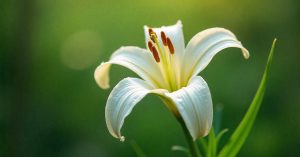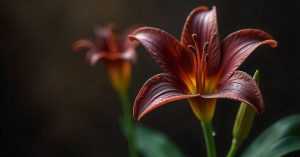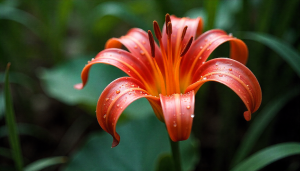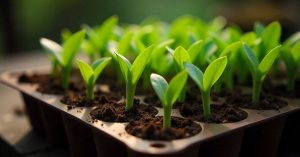How to Grow Lavender Rose Plant
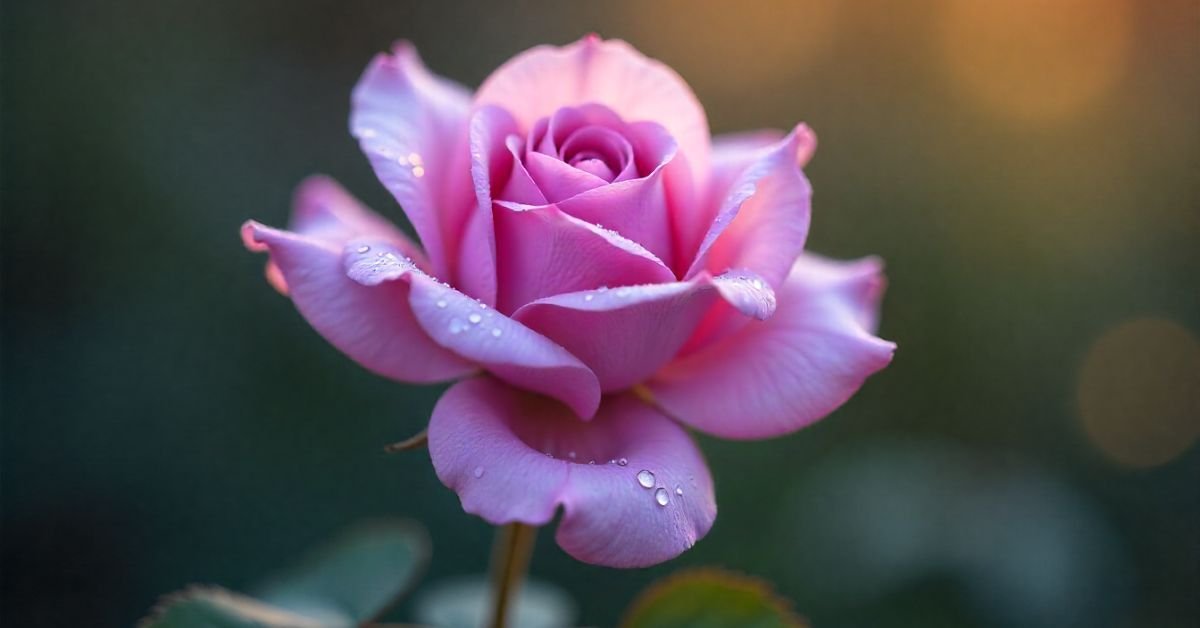
Introduction
The lavender rose plant is a rare and elegant rose variety. It produces soft purple blooms with a sweet scent. Gardeners admire it for its unique color and graceful appearance. It brings a touch of charm to any garden or pot.
Its unusual shade draws instant attention. The blooms stand out among traditional roses. Growing this plant can make your garden look special and romantic. Many people also plant it to create a calming and fresh atmosphere.
Choose a sunny spot with well-drained soil. Water it regularly but avoid overwatering. Prune lightly to encourage healthy growth. With simple care, your lavender rose plant will reward you with stunning flowers.
Benefits of Growing Lavender
Lavender is more than a pretty plant. It brings beauty, fragrance, and usefulness to your garden. It grows easily and needs little care. You can enjoy its color and scent almost all year.
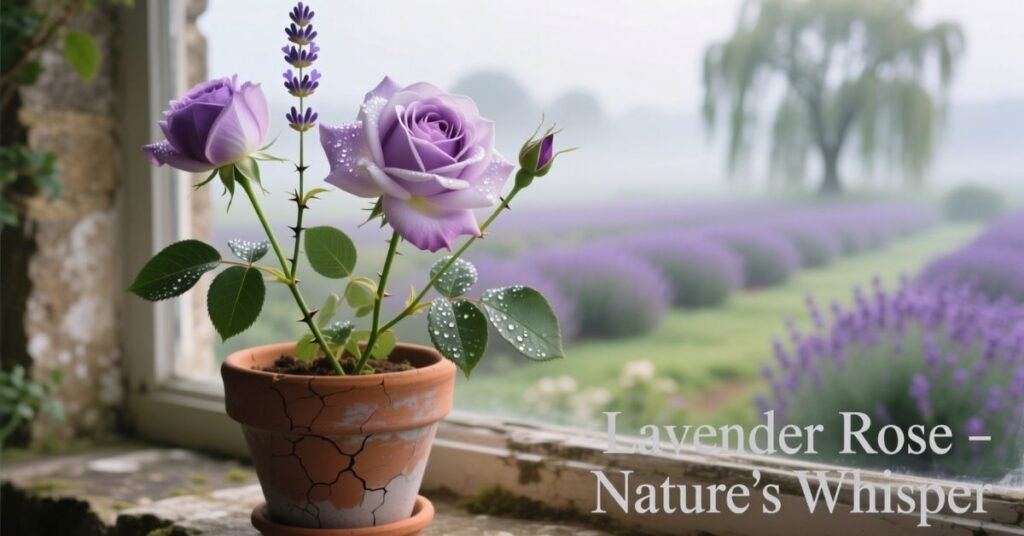
- Adds a calming fragrance to gardens.
- Attracts bees and butterflies.
- Works well in pots and borders.
- Requires low maintenance.
- Can be used for homemade crafts and oils.
- Helps keep some pests away naturally.
Soothing Fragrance
Lavender rose plants fill the air with a soft, soothing fragrance. Their scent creates a calm and relaxing mood in any space.
Pollinator Attraction
The lavender rose plant naturally attracts bees and butterflies. Its soft color and sweet scent invite pollinators easily. These visitors help the plant produce healthier blooms. They also support other plants in your garden. Growing this plant creates a lively and balanced garden space.
Versatility
The lavender rose plant is very versatile. It grows well in gardens, pots, and borders. You can plant it alone or mix it with other flowers. It suits small spaces and large areas. Its soft color matches many garden styles. This makes it easy to use anywhere.
Low Maintenance
The lavender rose plant is easy to care for. It grows well with little effort. You only need to water it when the soil feels dry. Light pruning keeps it neat and healthy. It does not need special fertilizers. This makes it perfect for busy gardeners.
Long Blooming Period
Sometimes the lavender rose plant may have a low blooming period. This means it produces fewer flowers for a while. Lack of sunlight, poor soil, or not enough nutrients can cause it. Light pruning and balanced fertilizer can help the plant recover. With proper care, blooms will return and last longer.
Choosing the Right Pot
The right pot helps plants grow strong. It supports roots and prevents water issues. A good pot also improves the look of your garden.
Size
The lavender rose plant has a moderate size. It fits easily in gardens or pots. Its size makes it easy to manage and care for.
- Usually grows 2 to 4 feet tall.
- Spreads about 2 to 3 feet wide.
- Compact enough for small spaces.
- Suitable for pots and garden beds.
- Easy to trim to desired shape.
Material
Select a material that suits your climate. Clay keeps soil cool but is heavy. Plastic is light and easy to move.
Drainage
Always choose pots with drainage holes. This stops water from sitting at the bottom. Good drainage keeps roots healthy.
Care for Lavender
| Care Step | Simple Tips |
| Watering | Water when top soil feels dry. Avoid overwatering. |
| Mulching | Add a thin layer of mulch to keep soil cool and moist. |
| Soil Care | Use well-drained, rich soil. Loosen soil around roots gently. |
| Fertilization | Apply balanced fertilizer once a month in the growing season. |
Overwintering a Potted Lavender
Overwintering keeps your potted lavender safe in cold months. Move the pot to a bright but sheltered place. Protect it from frost and heavy rain. Water lightly to keep the soil just damp.
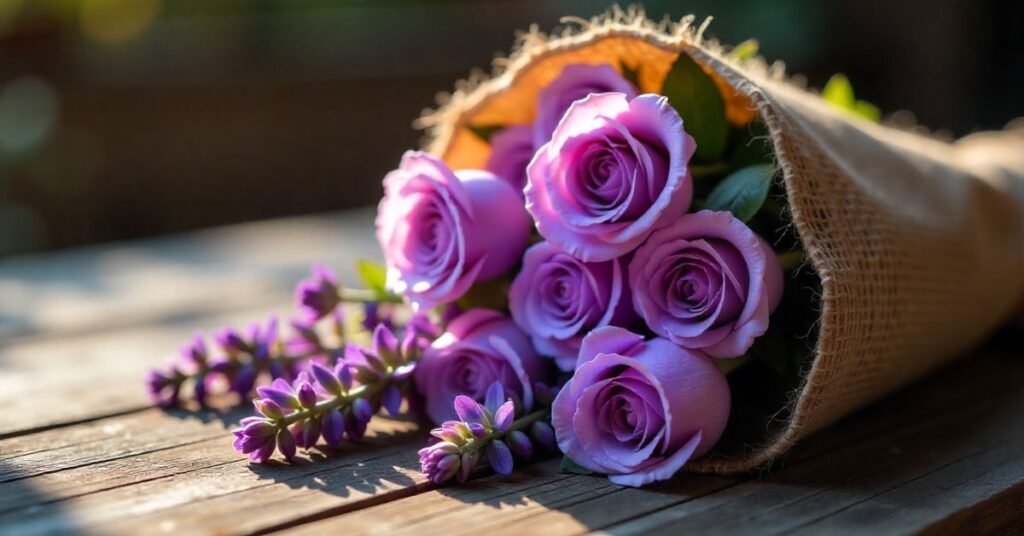
Do not fertilize during winter. Trim any dry stems to keep the plant healthy. With care, your lavender will survive and bloom again in spring.
Pruning
Pruning keeps the lavender rose plant healthy. It helps the plant grow new shoots and more flowers. Cut off dead or weak branches with clean tools. Trim after the blooming season for best results. Remove any damaged leaves to improve airflow. Regular pruning keeps the plant neat and strong.
Common Problems
Lavender rose plants may face some common problems. They can get pests or diseases. Sometimes the soil stays too wet and harms the roots. Leaves may turn yellow if the plant lacks nutrients or sunlight. Watching your plant closely helps you fix issues early.
| Problem | Simple Solution |
| Yellow Leaves | Check sunlight and add balanced fertilizer. |
| Root Rot | Improve drainage and reduce watering. |
| Pests (aphids) | Spray with mild soapy water or use natural insect spray. |
| Poor Blooming | Prune lightly and add rose fertilizer. |
| Dry Tips | Water regularly but do not overwater. |
Conclusion
The lavender rose plant is beautiful and easy to grow. It adds color and fragrance to any space. With simple care, it stays healthy and blooms longer. Regular watering, good soil, and light pruning keep it strong. This plant is a perfect choice for gardeners who love low maintenance beauty.
FAQs
1. How often should I water a lavender rose plant?
Water when the top soil feels dry. Avoid overwatering to protect the roots.
2. Does the lavender rose plant need full sun?
Yes, it grows best in bright sunlight for at least 6 hours a day.
3. When should I prune the lavender rose plant?
Prune after the blooming season to encourage fresh growth.
4. Can I grow a lavender rose plant in a pot?
Yes, it grows well in pots if the pot has good drainage.
5. How can I make the plant bloom more?
Use balanced fertilizer and ensure proper sunlight and pruning.

